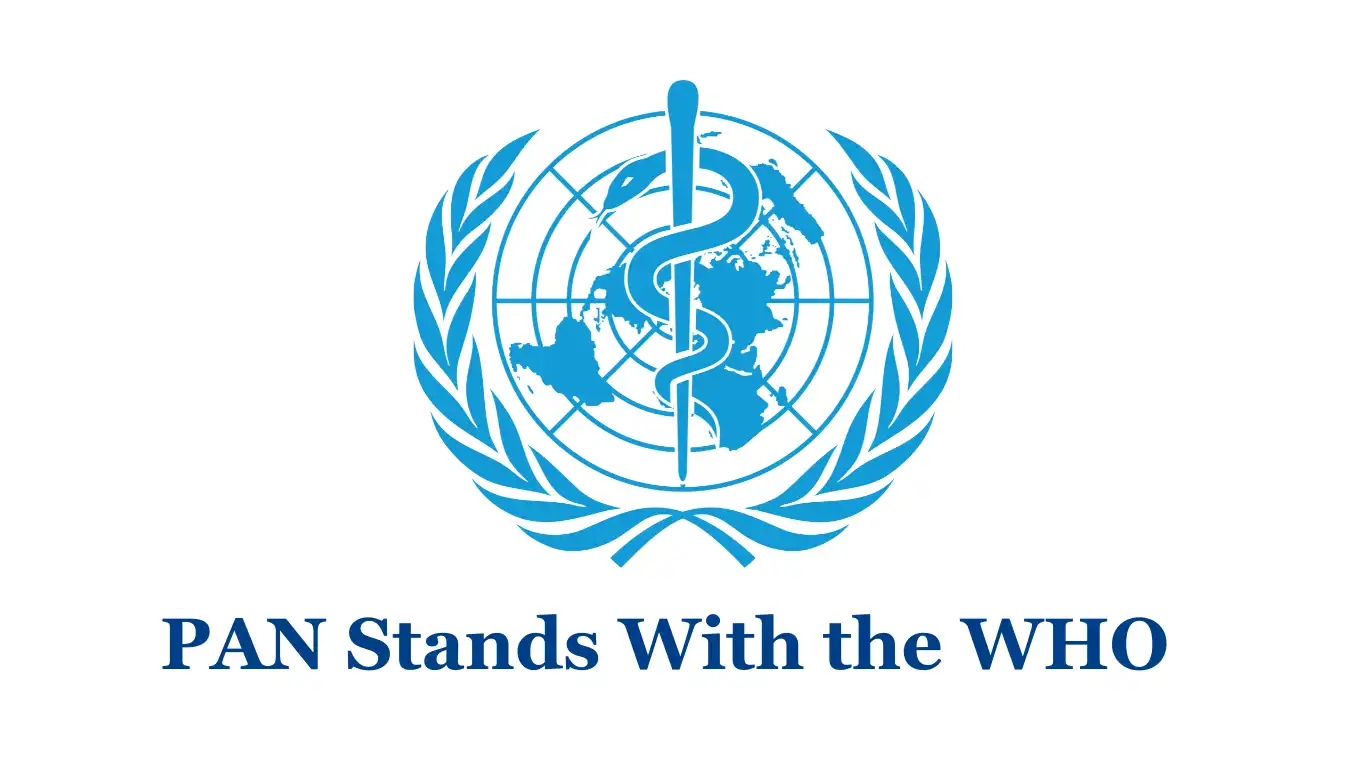Will EU leaders act as pandemic preventers at their first face-to-face meeting this week?
On 17-18 July, EU leaders will meet for their first face-to-face European Council meeting since the beginning of the pandemic. They will discuss the EU recovery plan to respond to the COVID-19 crisis and the next long-term EU budget.
As they meet in Brussels, European leaders must lead by example by covering their face to protect those around them and encourage all EU citizens to follow suit. In their negotiations, they must ensure that the global COVID-19 response and pandemic preparedness and prevention efforts are protected and even increased. Proposed cuts to Heading VI (external action envelope) must be rejected.
Face mask use results in a large reduction in risk of infection. In the absence of a vaccine or medicine to fight COVID-19, hand hygiene, social distancing and mask wearing are the best tools we have against the disease. A simple barrier over the mouth and nose, even one that’s homemade, can trap the respiratory droplets that an infected person may release (including asymptomatic and presymptomatic individuals) and hence stop the virus from traveling onto other people. EU leaders should set an example for their citizens and encourage them to cover their face in public to become pandemic preventers. Giving the advice to wear a mask or homemade cloth face covering costs nothing; not doing so costs lives.
As they discuss the EU’s COVID-19 recovery plan and next 7-year budget, EU leaders must protect vital support to the global response to COVID-19 under the Neighbourhood, Development and International Cooperation Instrument (NDICI) and under the Humanitarian Aid Instrument. They must reject proposed cuts to EU aid in President Michel’s most recent negotiating box. EU Member States should endorse the Commission’s May 2020 proposal of €118 billion for Heading VI (external action envelope).
They should also commit in the Council Conclusions to support the adoption of a global plan on pandemic preparedness and prevention to ensure that every country has the capacity to detect, prevent and respond to future outbreaks before they become deadly and costly pandemics and signal Europe’s willingness to invest billions today to save trillions tomorrow.
COVID-19 doesn’t recognise borders. Until we get rid of this disease globally everyone – including EU citizens – will be at risk. It is also essential that the world’s response to COVID-19 leaves a legacy for the future. Once and for all, we must break the deadly and costly cycle of panic and neglect that has left the world so vulnerable to pandemic threats.



